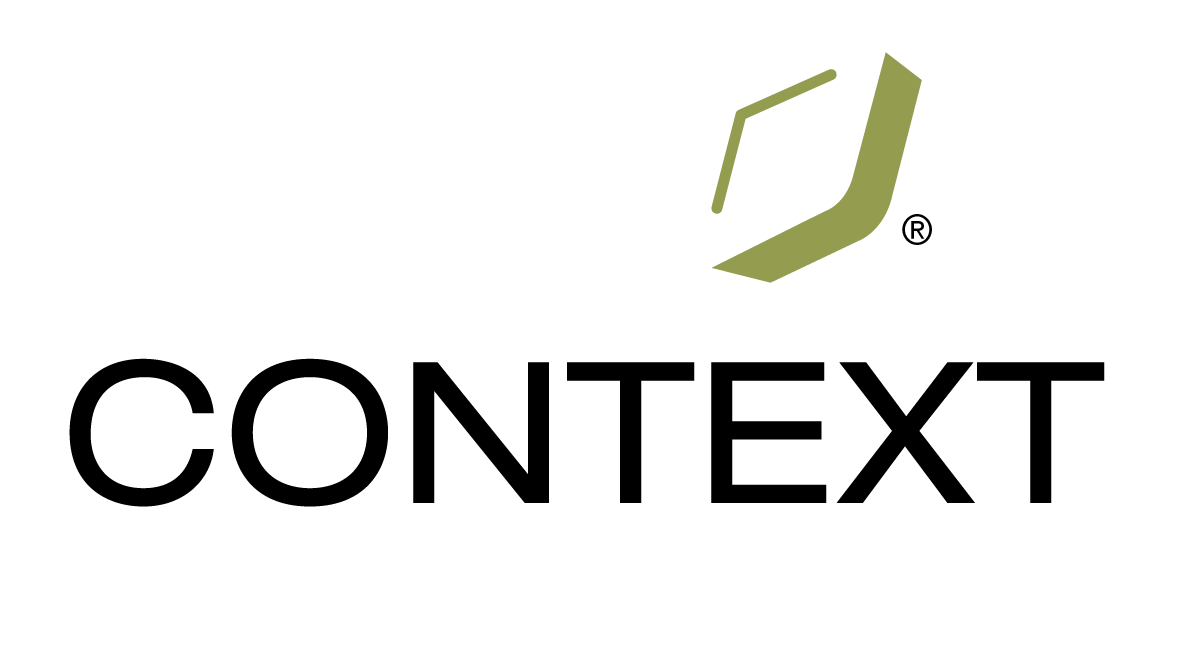Gaining Consumer Support Remains Key
A July ruling in European Union courts signals a setback to proponents of gene-edited crops. While most scientists argued that crops using new gene-editing technologies should be exempt from restrictions previously imposed on trans gene genetically modified crops, this argument did not prevail in the EU.
Regulatory freedom to operate is key. While regulatory support for gene-edited crops has occurred in the U.S., the European ruling makes it clear that securing regulatory and consumer support continues to be crucial and not assured.
Gene editing gripped the imagination of all facets of the agriculture industry, from seed companies to food companies to livestock breeders to ag tech investors. Earlier gene editing tools like zinc finger nucleases (ZFNs) and TALENS paved the way for newer, faster, less expensive, and more reliable tools, of which CRISPR-Cas9 is currently the most widely embraced.
Used in plant breeding, CRISPR-Cas9 can selectively snip a gene that carries a negative trait and replace it with one carrying a desirable trait from the same plant species. Genetic changes that would take years or decades with the trial-and-error process of traditional breeding can now be achieved in a matter of months. Accordingly, agricultural possibilities are seemingly limitless, with scientists already producing mushrooms that don’t brown or bruise from handling, waxy corn with disease resistance and drought tolerance, and soybeans that produce healthier oil, to name a few.

Agricultural technology and investor conferences around the world have been showcasing gene editing and spurring lively debates about the technology’s potential and challenges. There’s no question that gene editing technology could have immense impact, paralleling or even eclipsing previous industry innovations such as crop protection discoveries in the 1970s and 1980s and genetically modified organisms (GMOs) in the mid-1990s to current time.
However, regulatory and consumer acceptance will be paramount, as we have learned (and continue to learn) from the introduction of GMO crops and products. With 6.8 million people added to the planet every month, it’s clear that both genetic modification AND gene editing can play a crucial role in increasing productivity and improving the sustainability of our food production.
Development is progressing fast, but seed and food companies in our industry still have an opportunity to engage consumers by thoughtfully prioritizing which genetically edited crops are brought to market. You never have a second chance to make a first impression.
While it may be tempting to focus on first on genetically edited products that are farmer centric (i.e., tackle farmer concerns such as weed and insect resistance and yield enhancement), these benefits don’t speak to consumers nor do they stimulate consumers’ support or acceptance of the technology. We need to talk to consumers right from the start to find out what benefits they value and what changes they fear.
It will be valuable to introduce “consumer-centric” products that offer attributes valued in today’s marketplace: healthier, more flavorful, longer lasting foods. Furthermore, to support consumer adoption, new products must set the gold standard for consumer transparency, going beyond mandatory disclosures.
The Context Network is uniquely positioned to help companies across the value chain by prioritizing opportunities in gene editing. In many instances, the products that can be on the market most quickly (i.e., Bt resistance, yield enhancement) are not necessarily those with consumer-facing benefits. We can help facilitate discussions and connections with all levels of the value chain, starting with grocers and retailers to understand their wants and needs. Furthermore, gene editing opportunities exist for everything from multinationals to mid-stage companies to boutiques, and Context can assist in identifying strategic partners and licensees.
For more information, contact Mike Borel mike.borel@contextnet.com or James Mann james.mann@contextnetwork.com.
*Council for Agricultural Science and Technology (CAST). 2018. Genome Editing in Agriculture: Methods, Applications, and Governance—A paper in the series on The Need for Agricultural Innovation to Sustainably Feed the World by 2050. IssuePaper60. CAST, Ames, Iowa.


